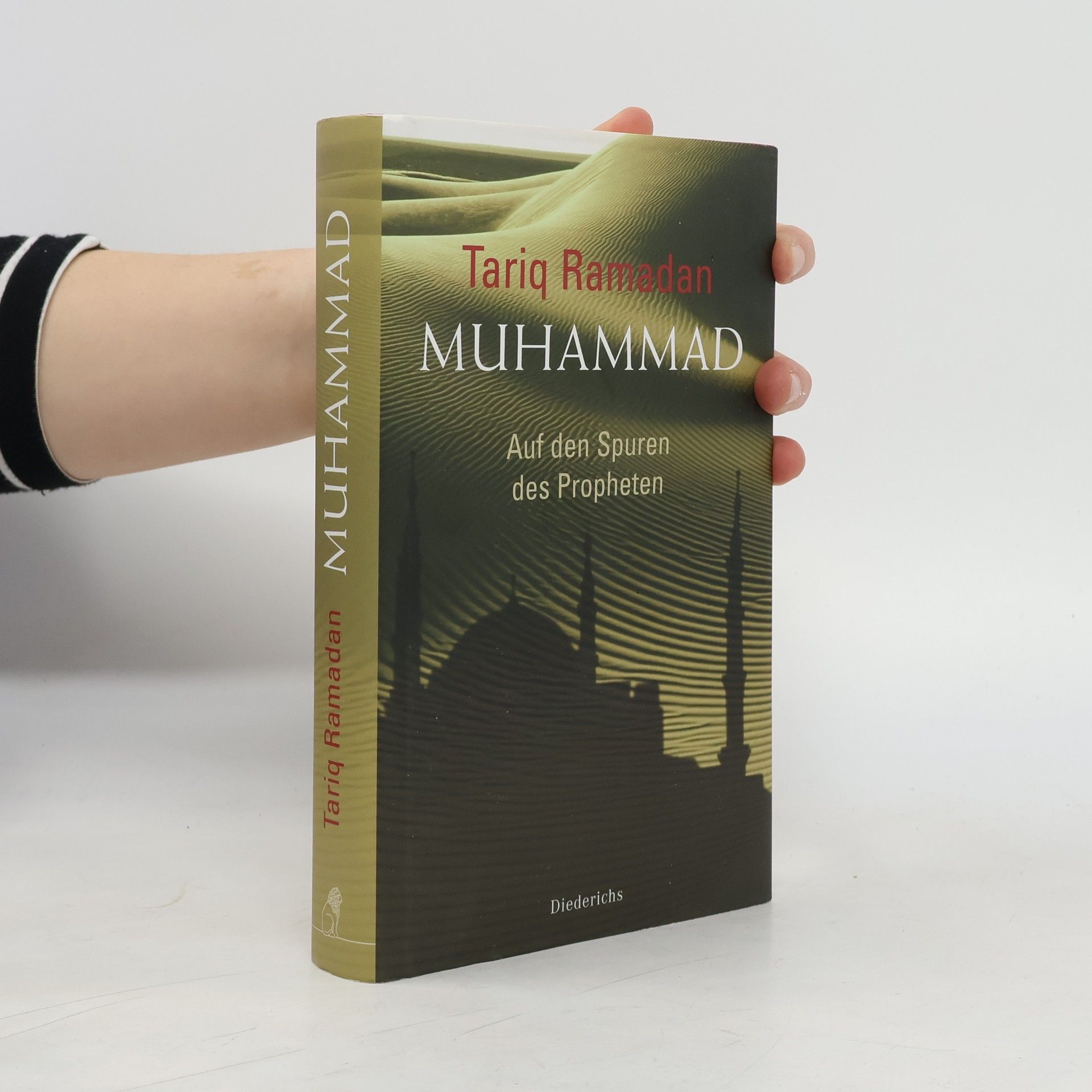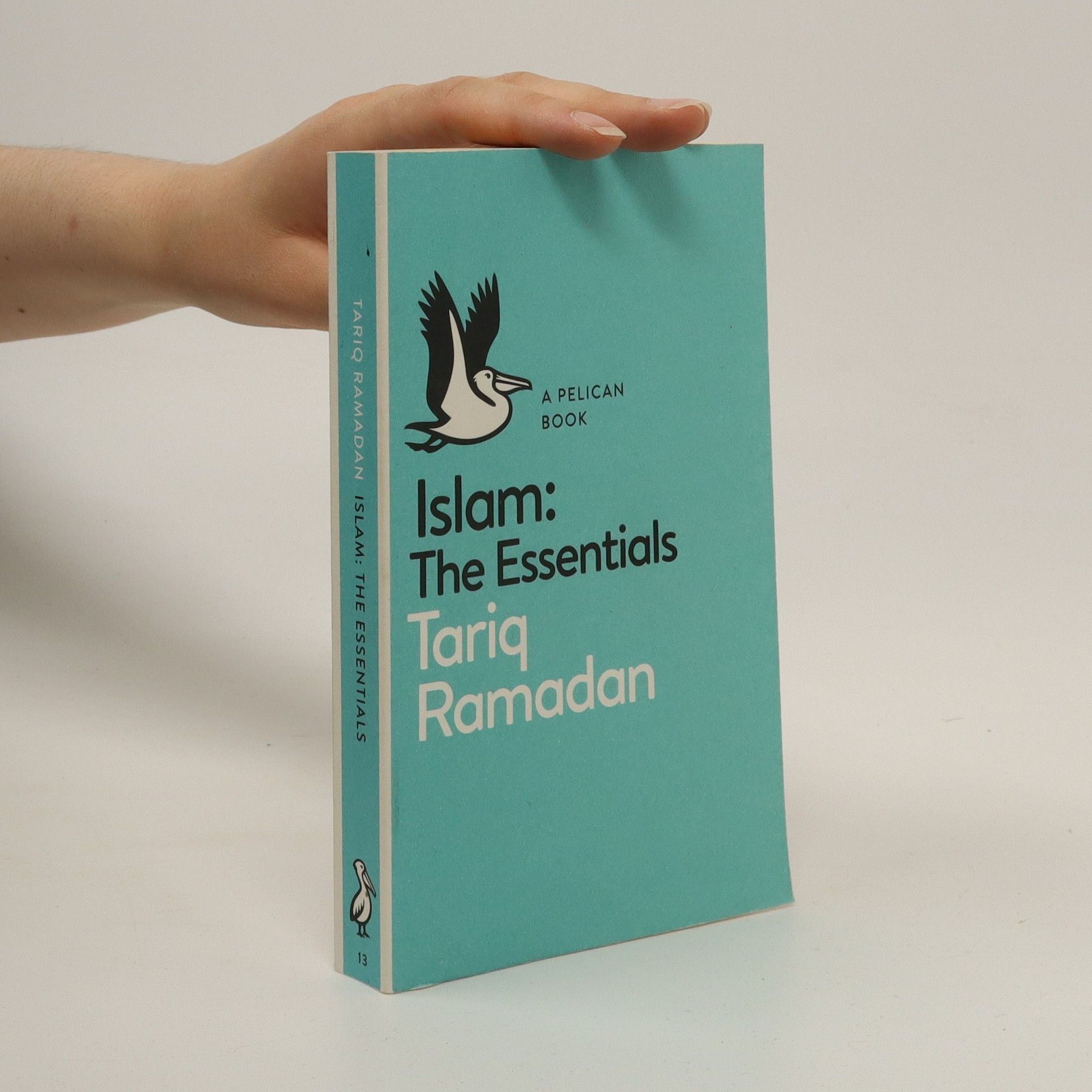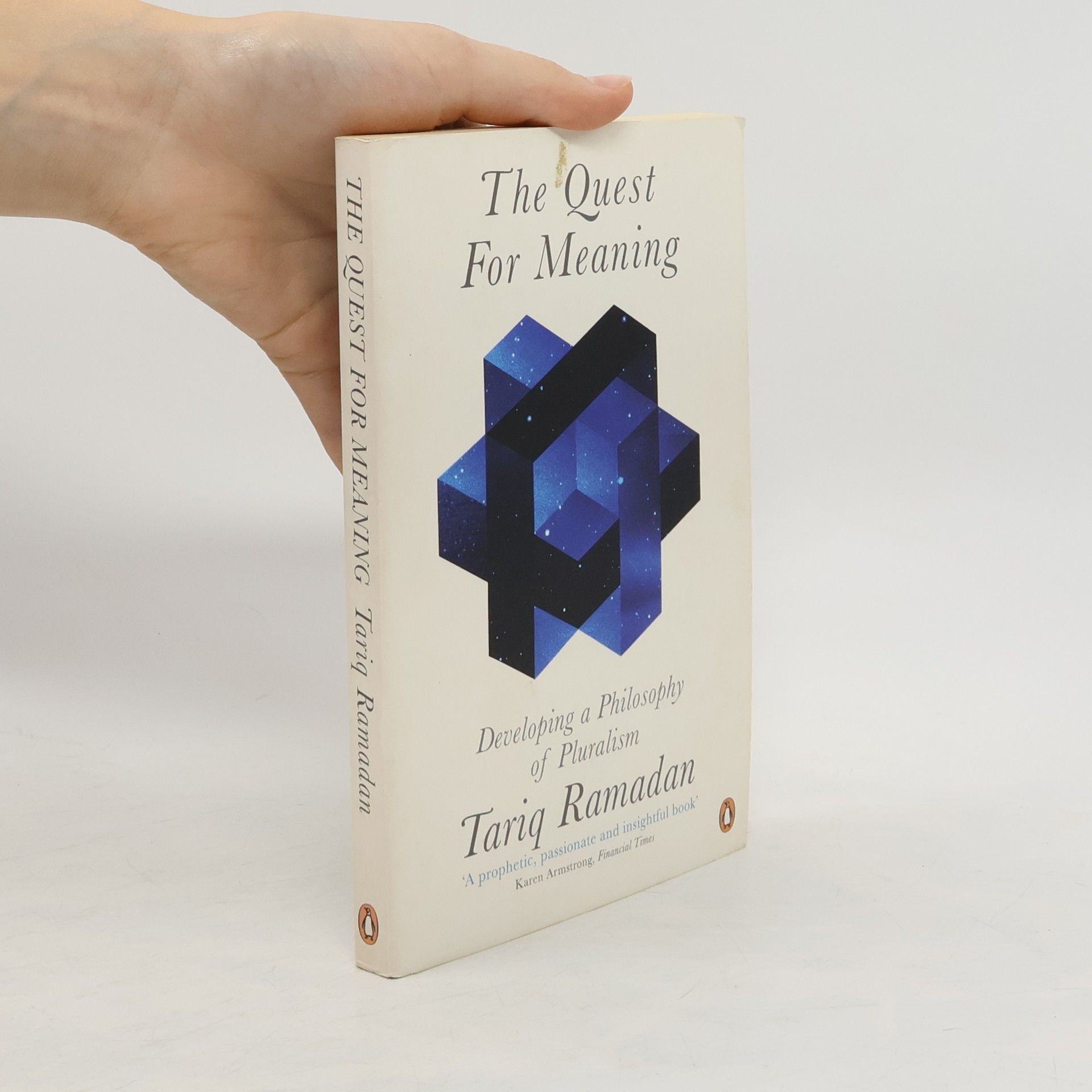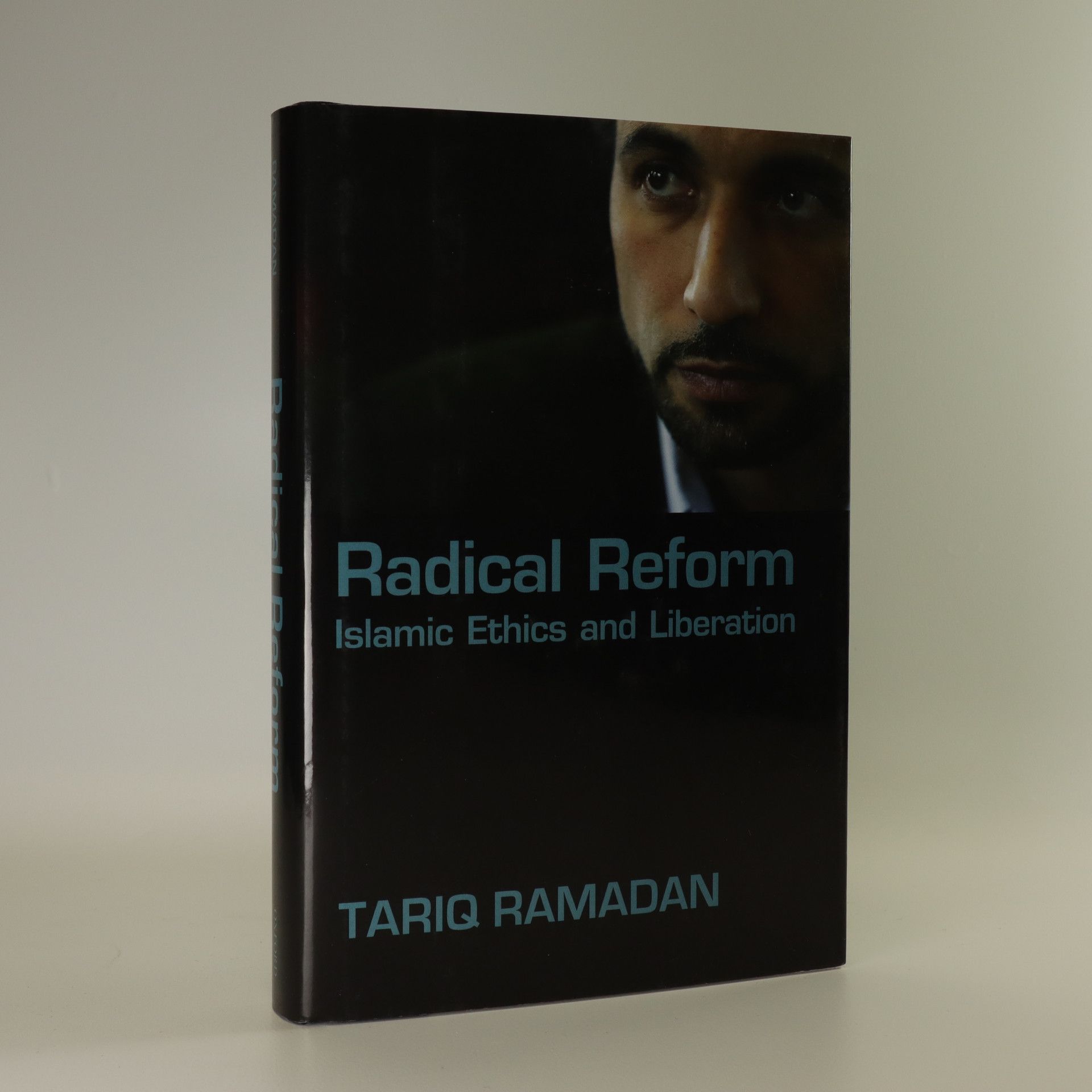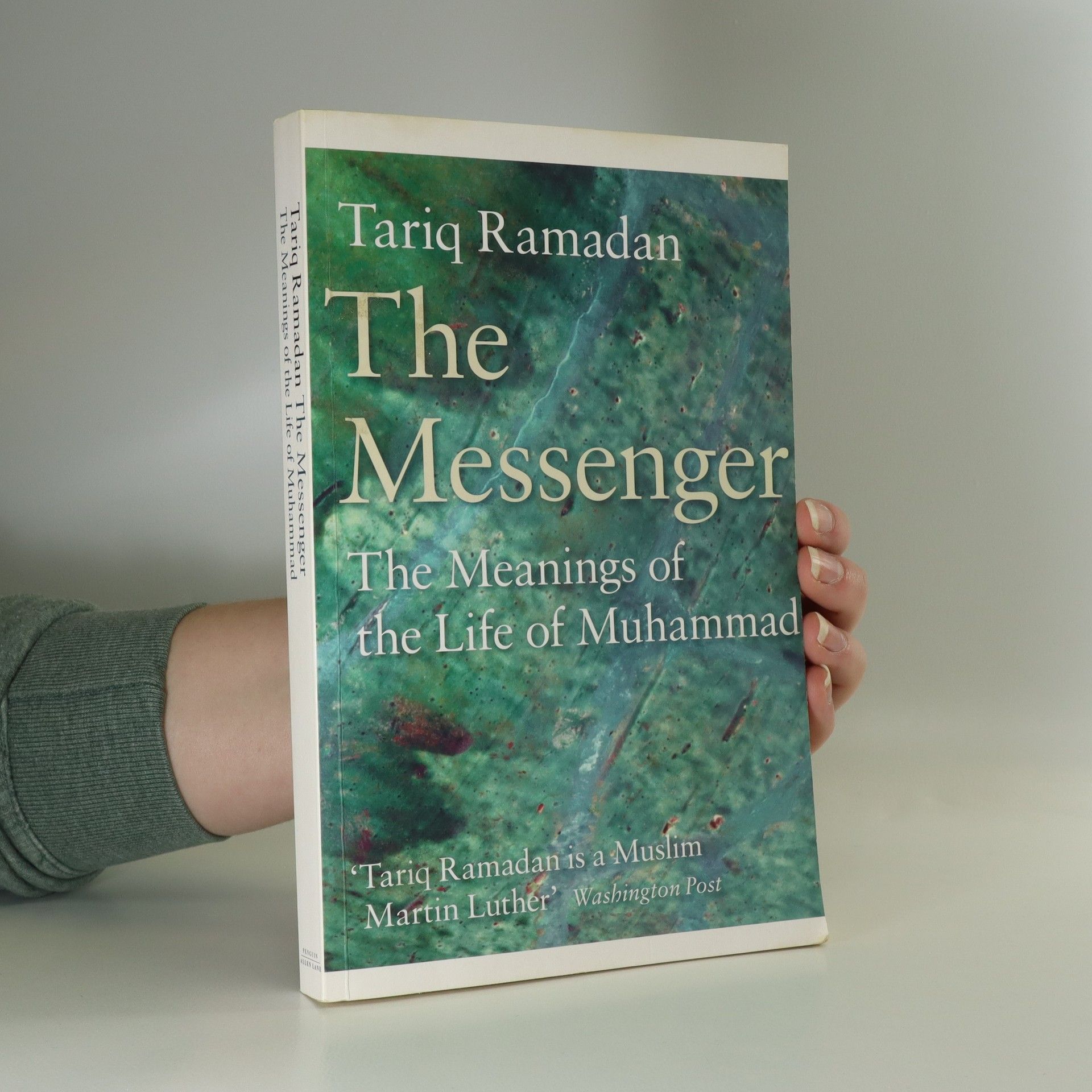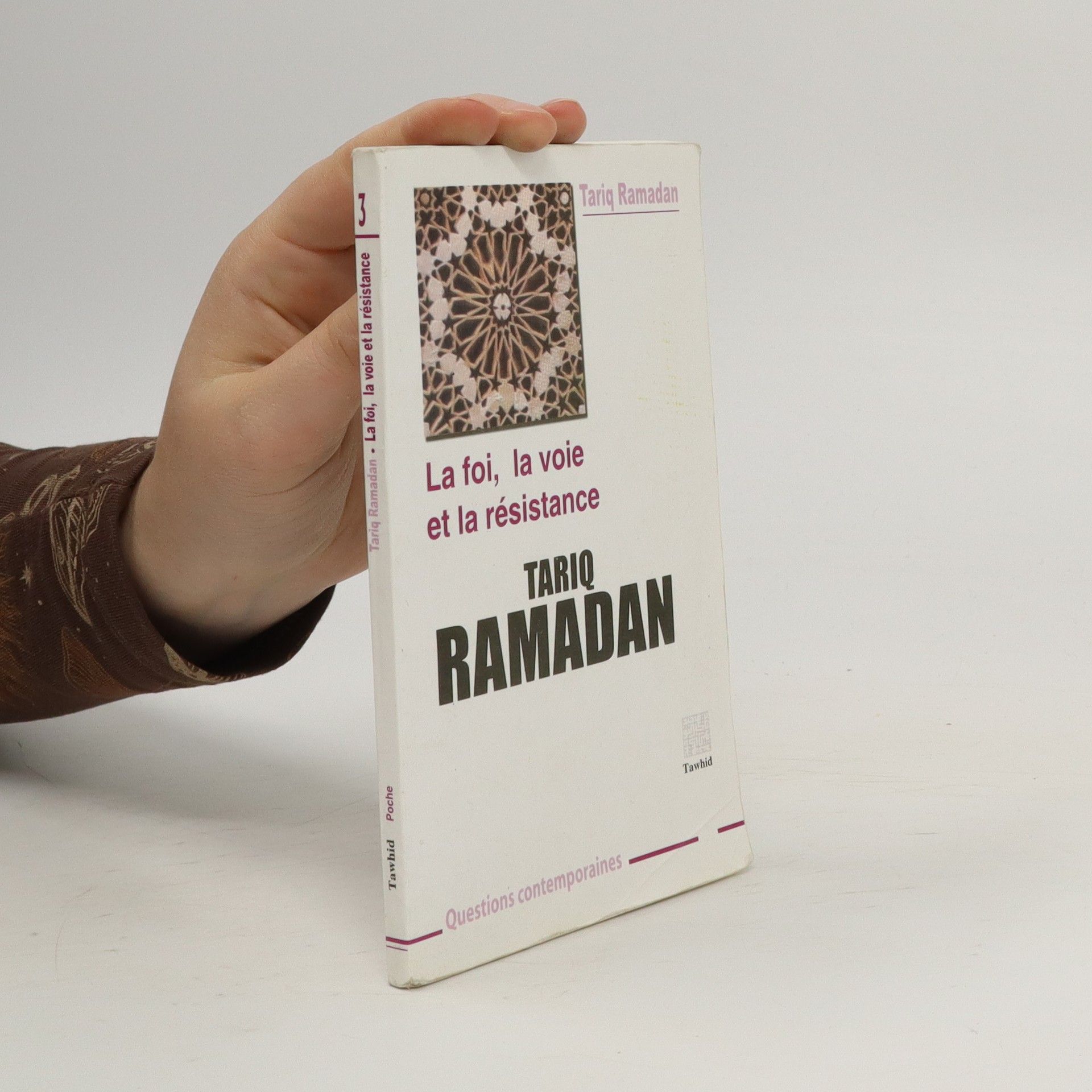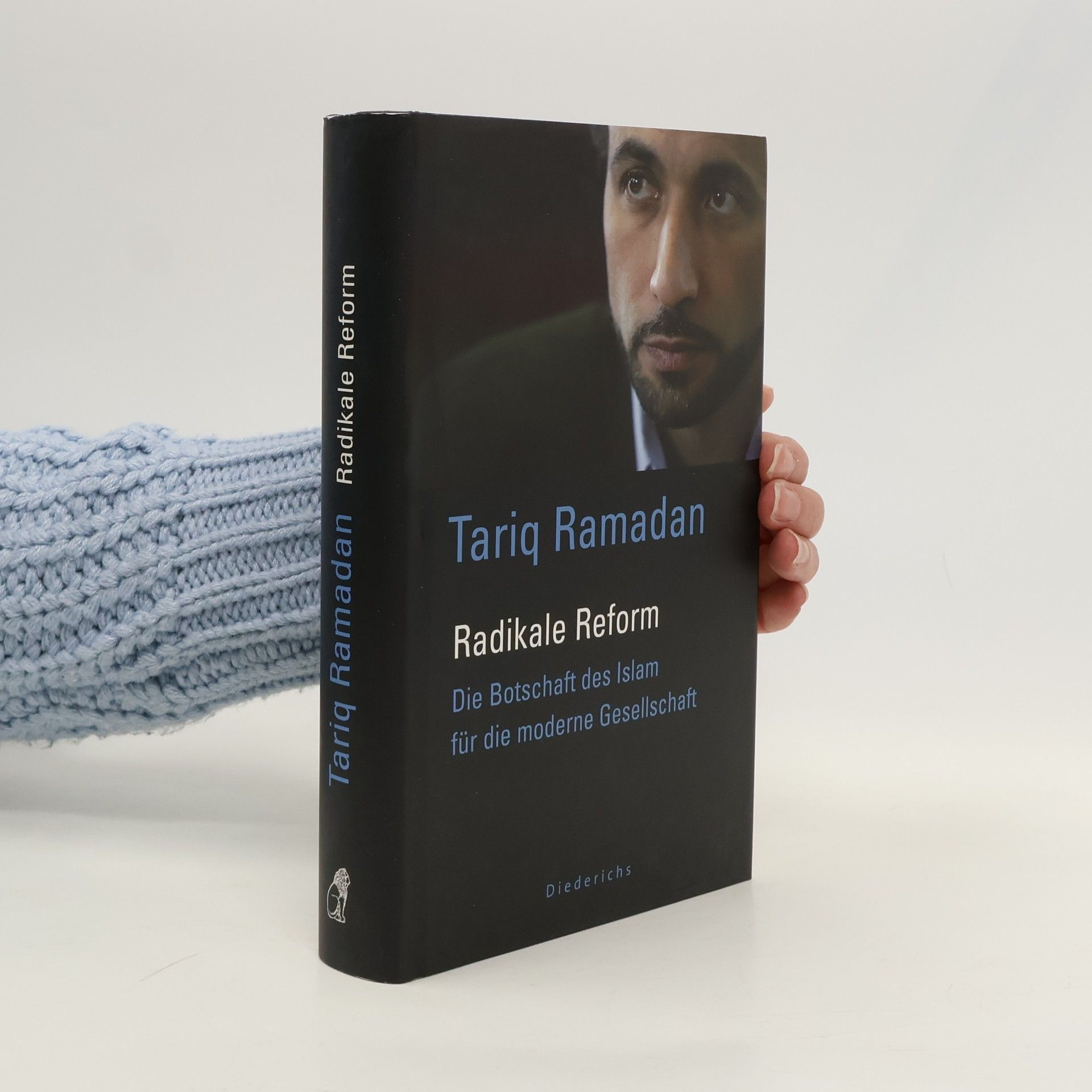The Messenger
- 242 pages
- 9 hours of reading
Named by Time magazine as one of the 100 most important innovators of the century, Tariq Ramadan is a leading Muslim scholar, with a large following especially among young European and American Muslims. In his first book written for a wide audience, he offers a biography of the Prophet Muhammad, highlighting the spiritual and ethical teachings of one of the most influential figures in human history. Capturing a life that was often eventful, gripping, and highly charged, Ramadan provides both an intimate portrait of a man who was shy, kind, but determined, as well as a dramatic chronicle of a leader who launched a great religion and inspired a vast empire. Underscoring the historical importance and meaning of Muhammad, The Messenger addresses the significance of the Prophet for some of today's most controversial issues, such as the treatment of the poor, the role of women, Islamic criminal punishments, war, racism, and relations with other religions.
